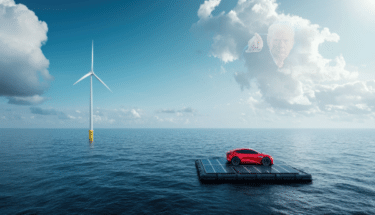
Ray Cantor – VP, Government Affairs
The New Jersey Legislature adopted the Clean Energy Act in 2018. That Act, in part, required public utilities to implement energy efficiency measures to reduce annual electricity usage by 2% and natural gas usage by 0.75%. These are highly ambitious goals, but important to the State being able to meet its energy and carbon reduction goals. The BPU continued the process to implement that mandate by holding two stakeholder meetings last week.
The first stakeholder meeting, held on Wednesday, October 30, consisted of various experts making presentations and then engaging in a panel discussion and responding to questions from the audience. The panel addressed best practices in New Jersey and in the nation, what programs are most likely to be successful, and what market barriers may prevent successful implementation.
The second stakeholder meeting, held the next day on Thursday, October 31, was structured to present a list of policy issues being faced by the BPU and to get input from the stakeholders present. The three key topics covered were: 1) recovery of program costs; 2) potential for recovery of lost revenues; and 3) performance incentives and penalties. Much of the discussion focused on the issues of decoupling and utility profits.
NJBIA will continue to participate in all the stakeholder and regulatory meetings being held to implement New Jersey’s energy policies.
If you have any questions or comments, please contact Ray Cantor at rcantor@njbia.org.





